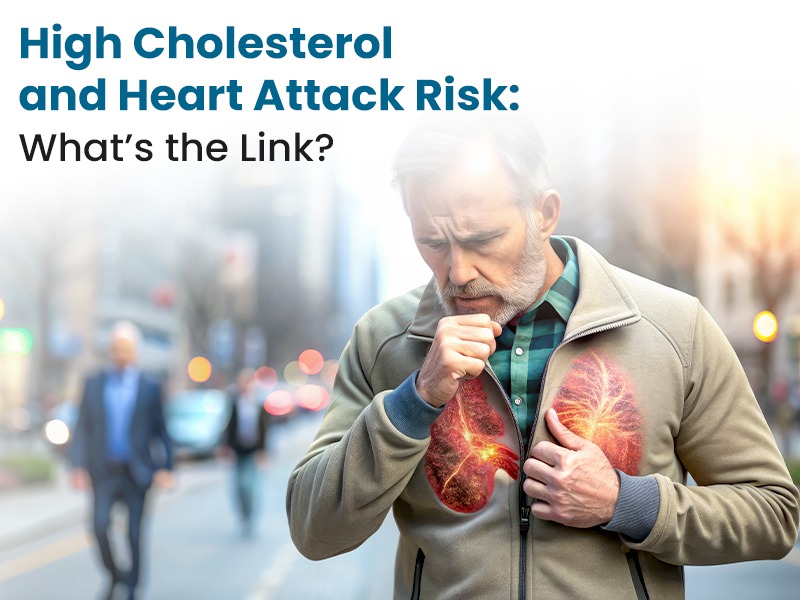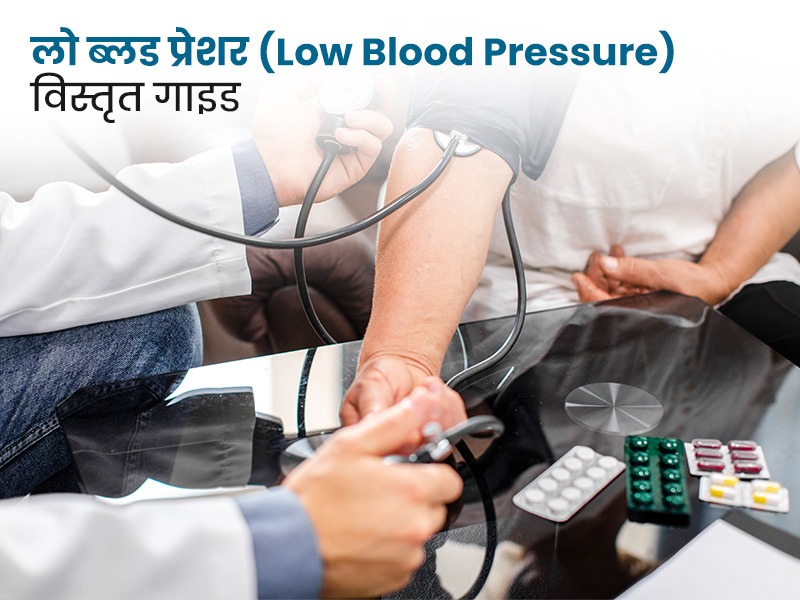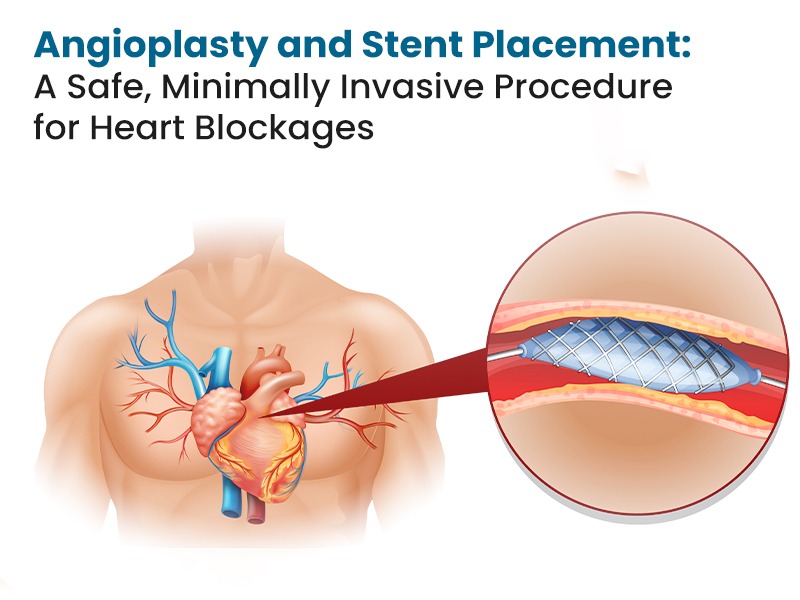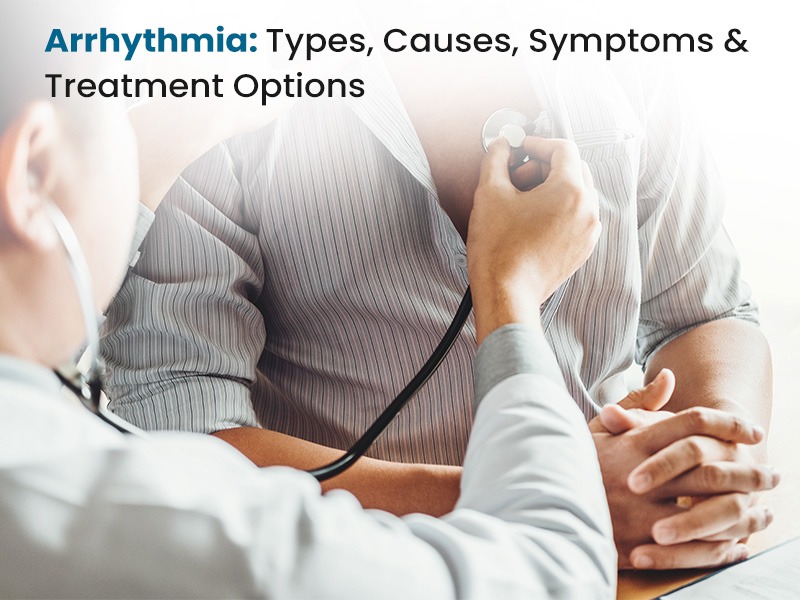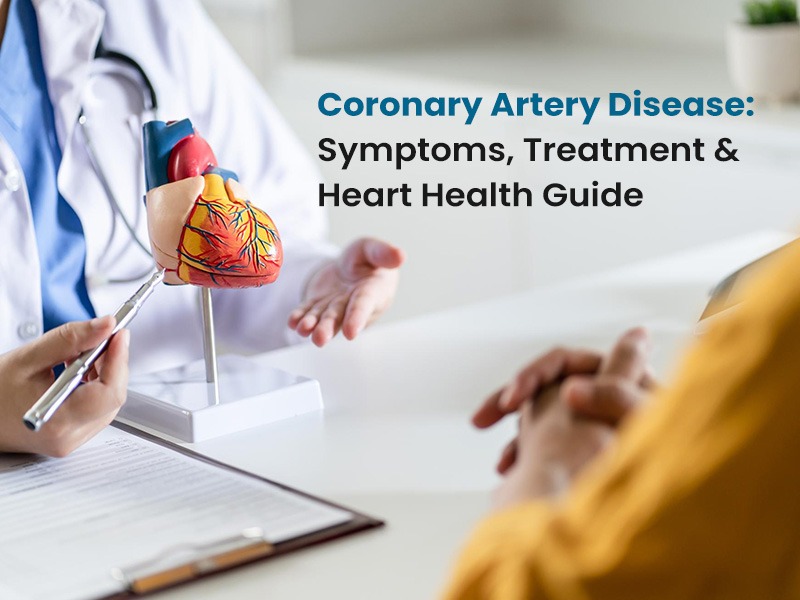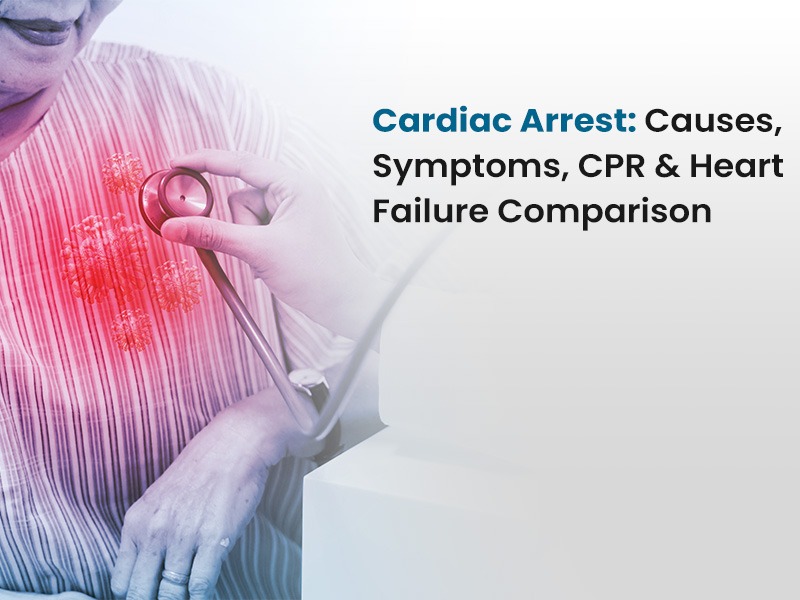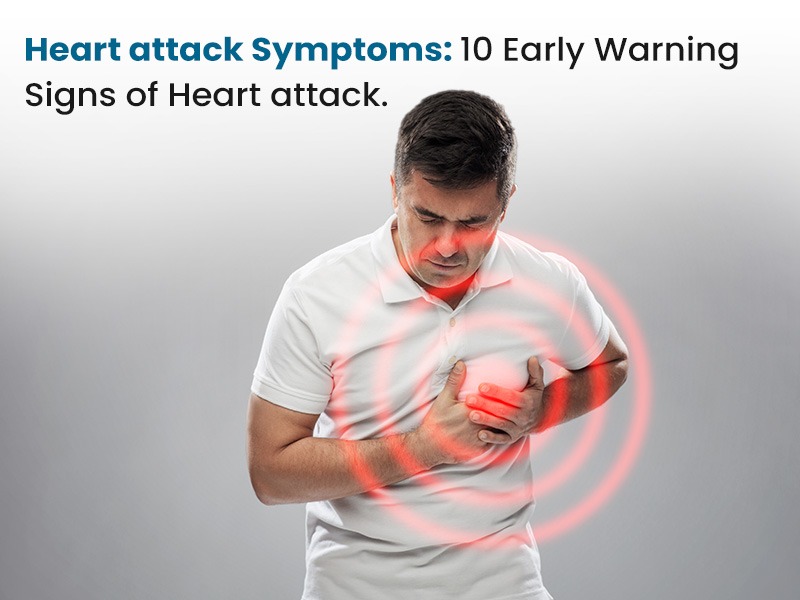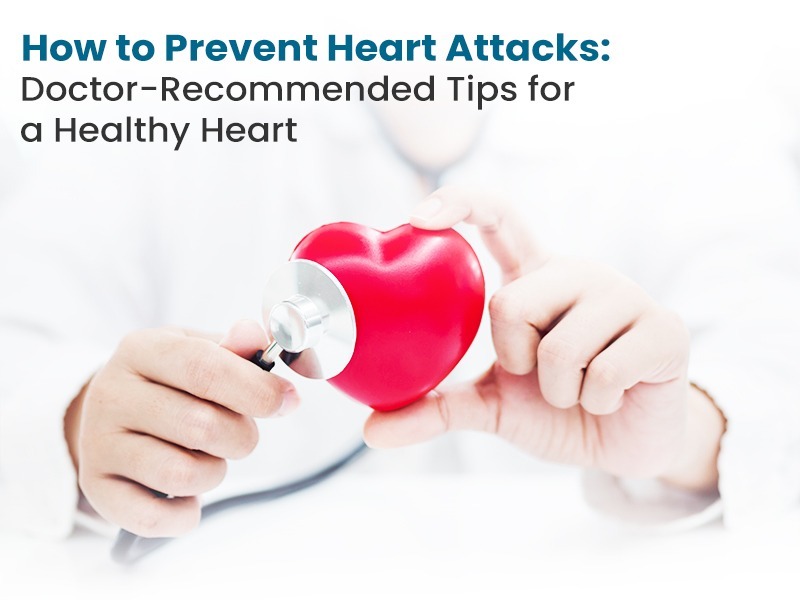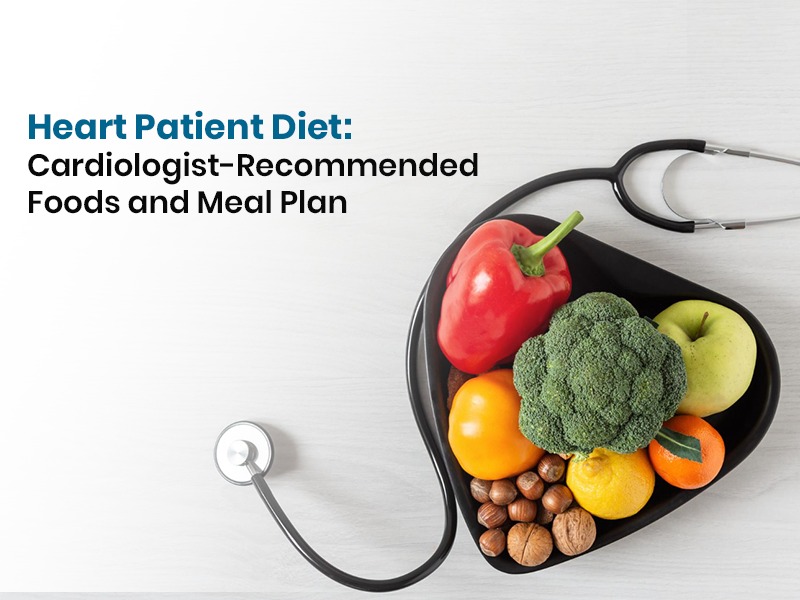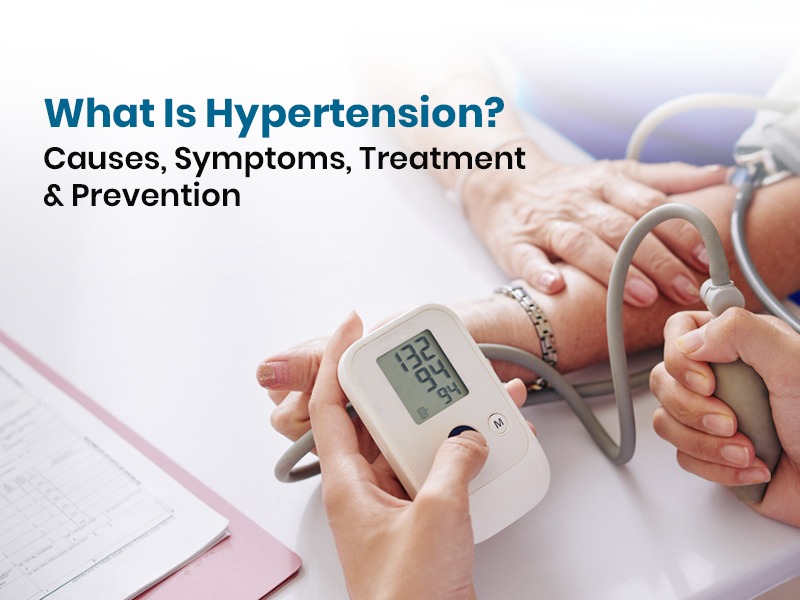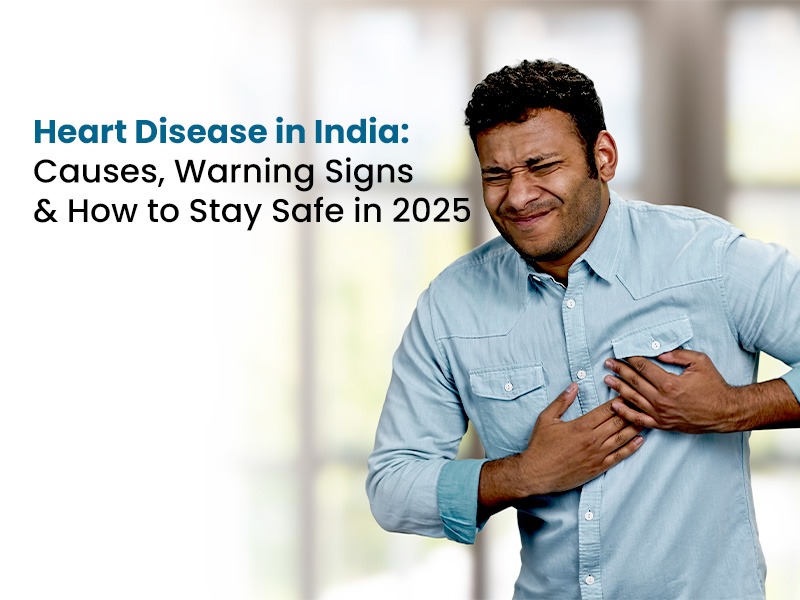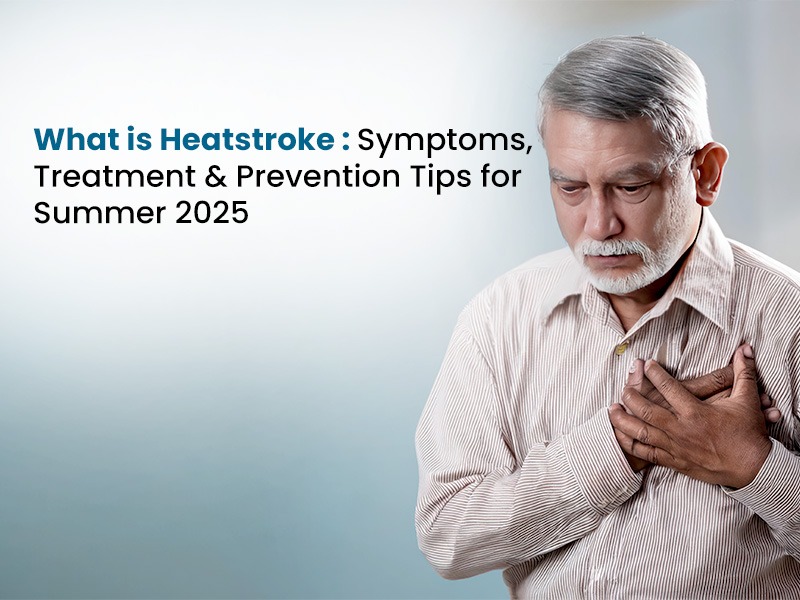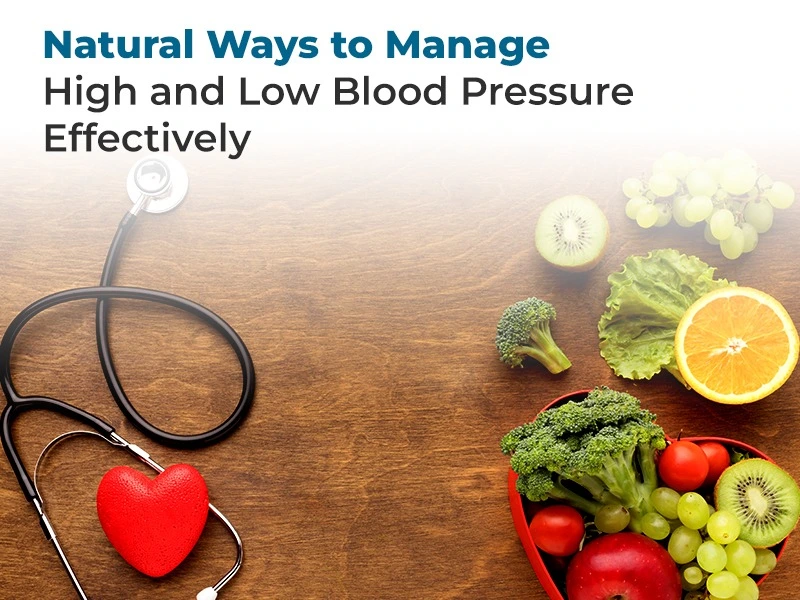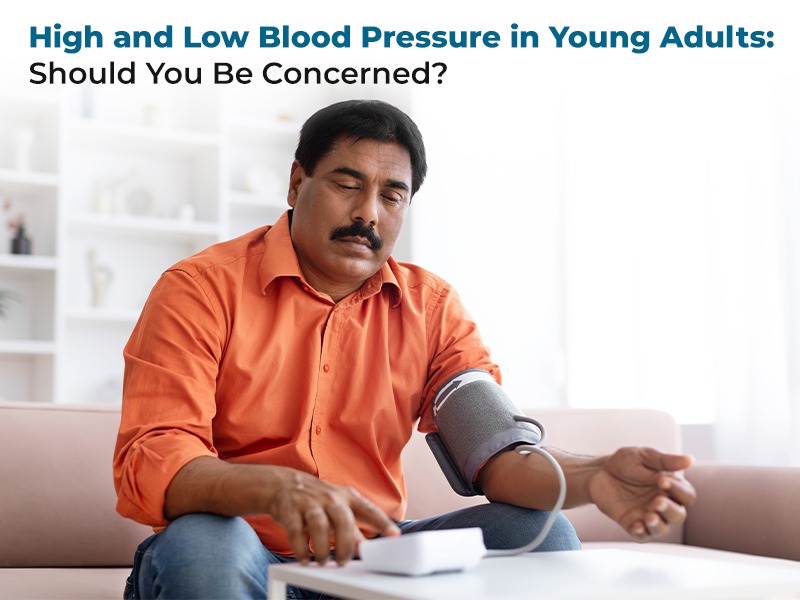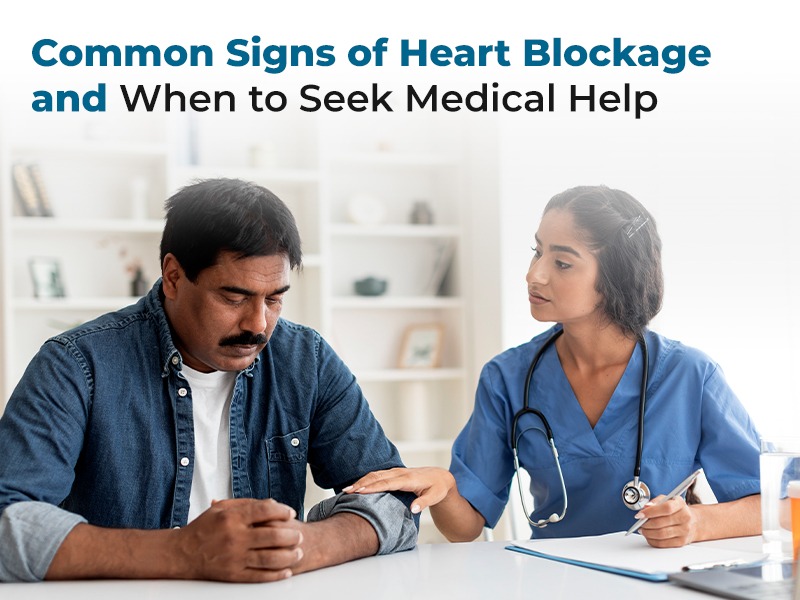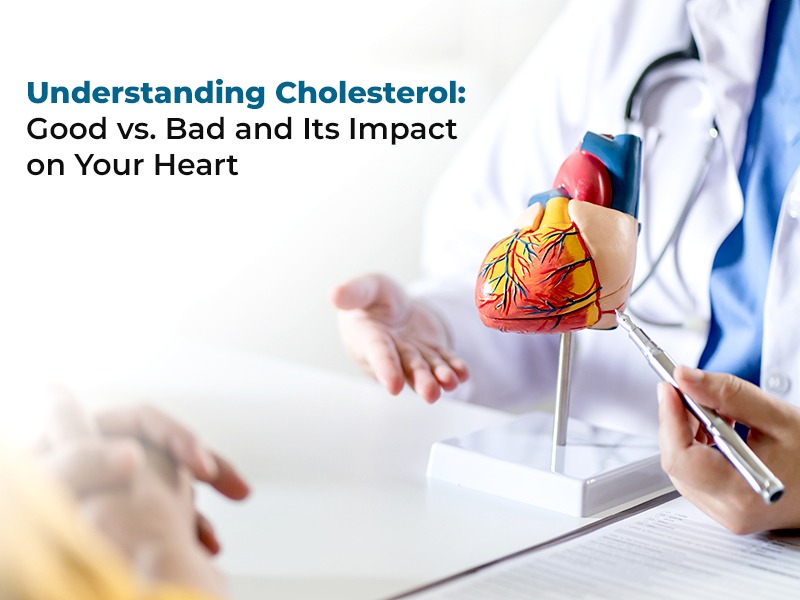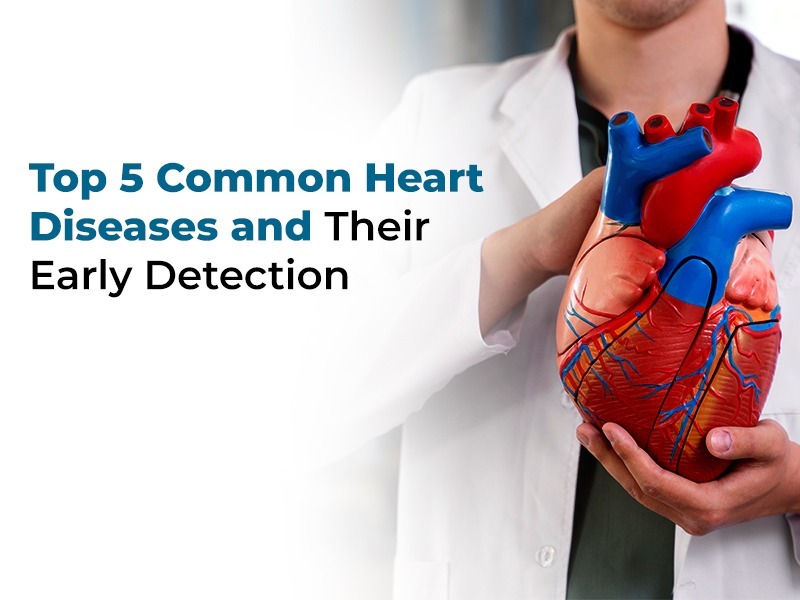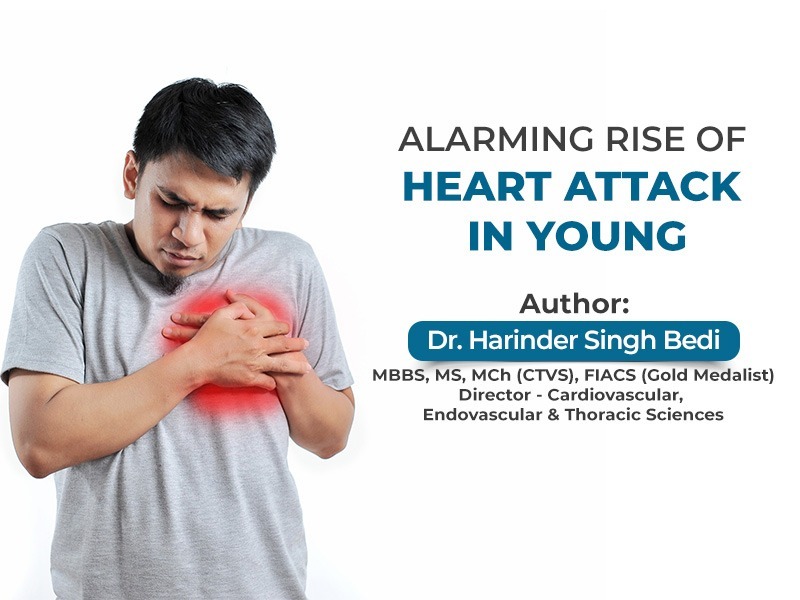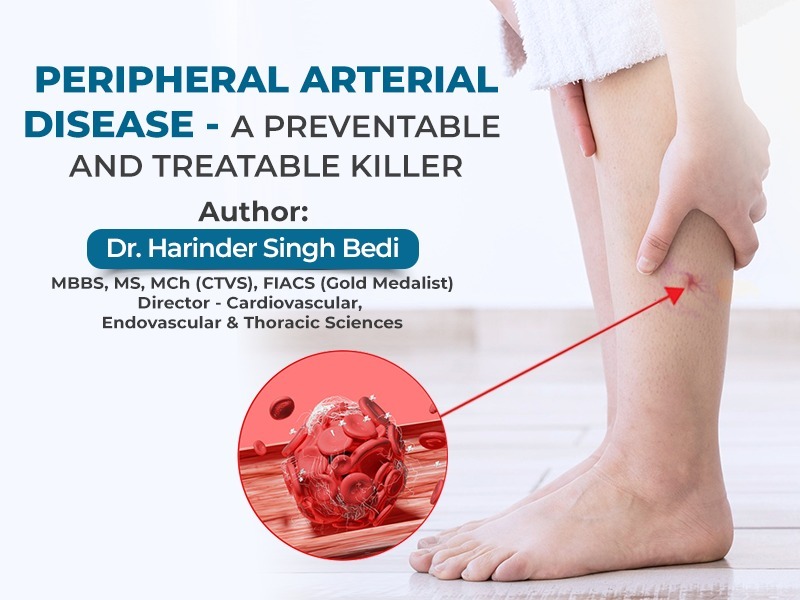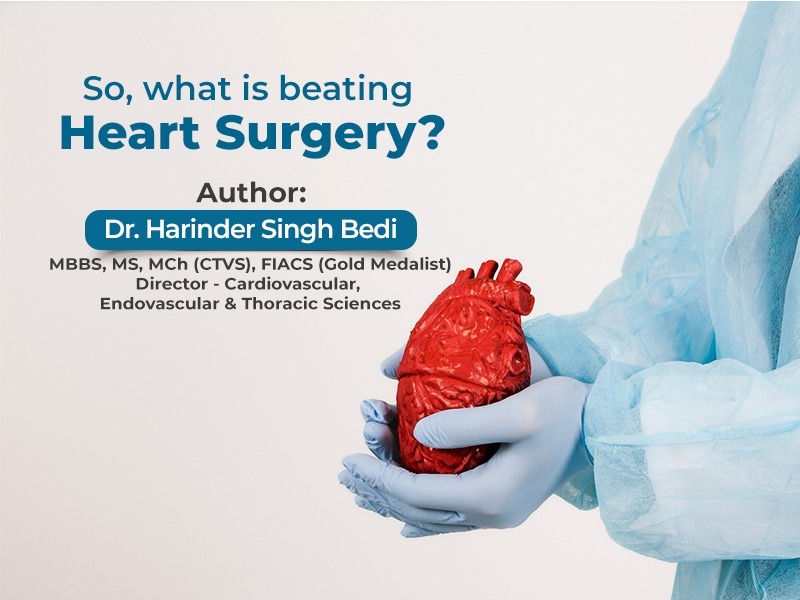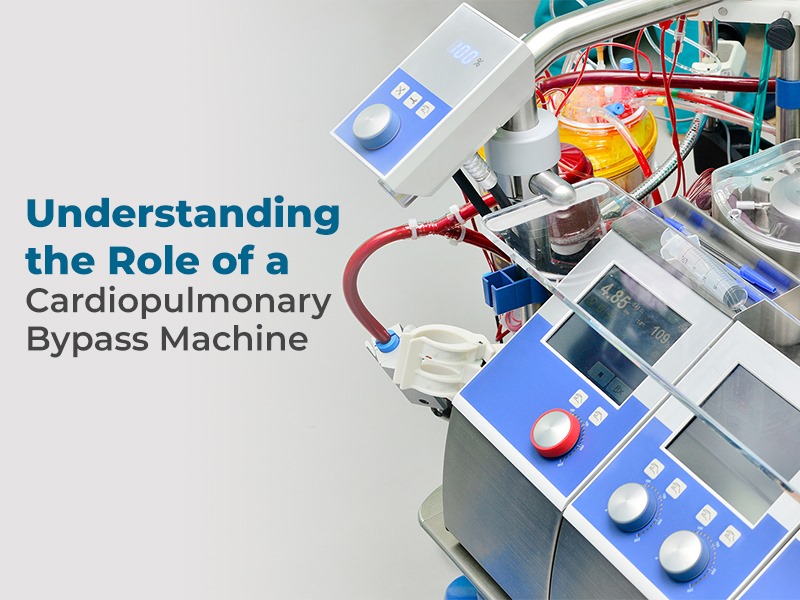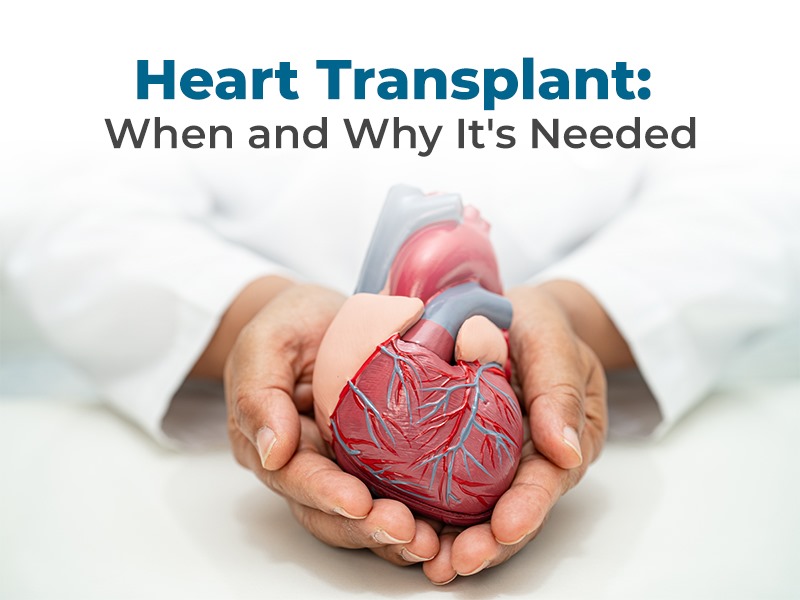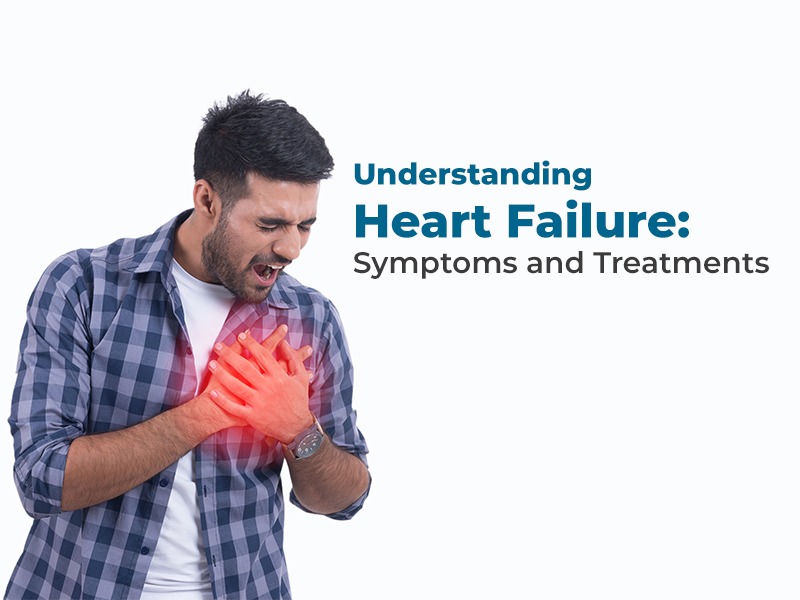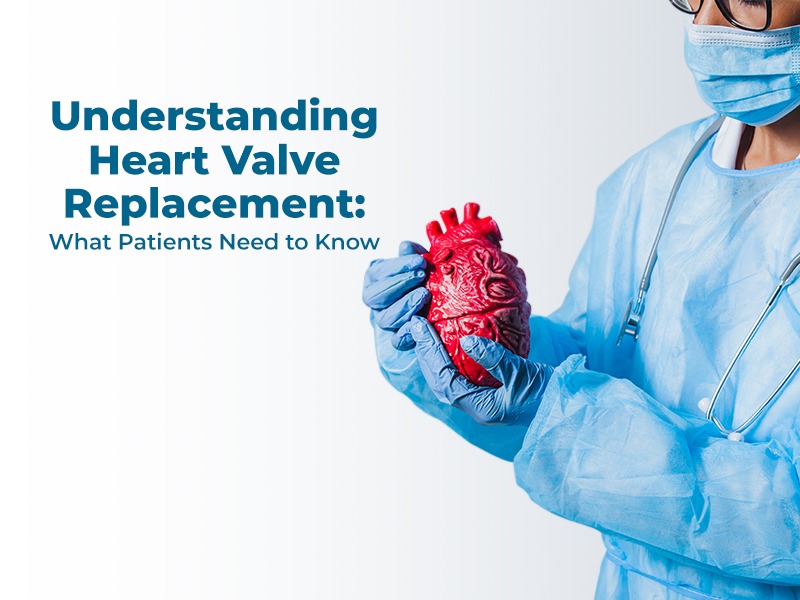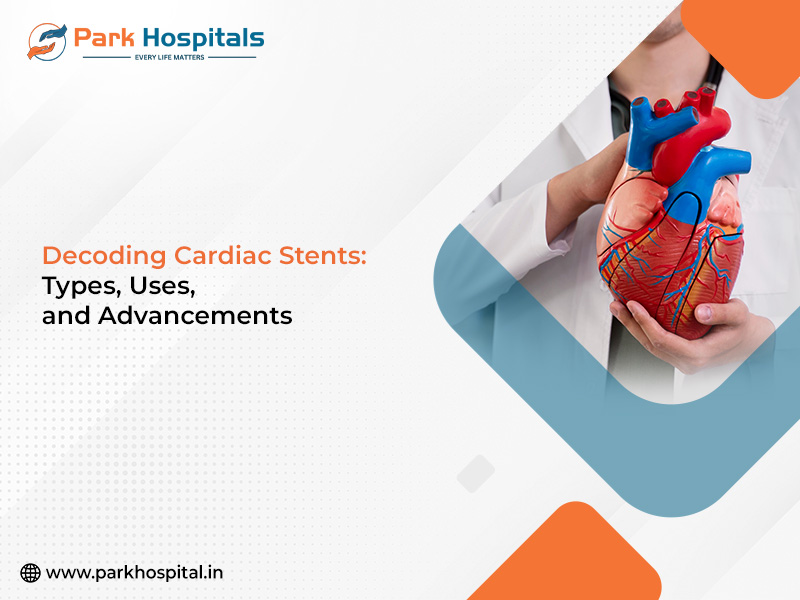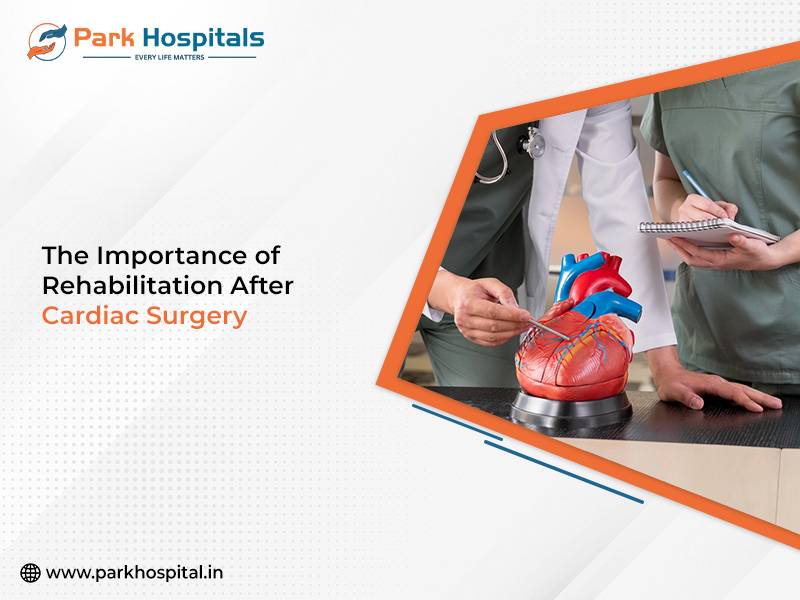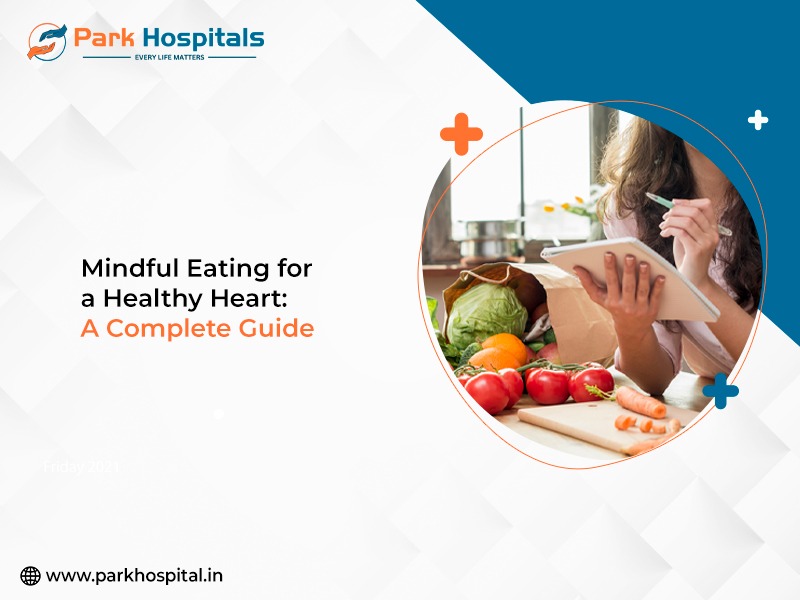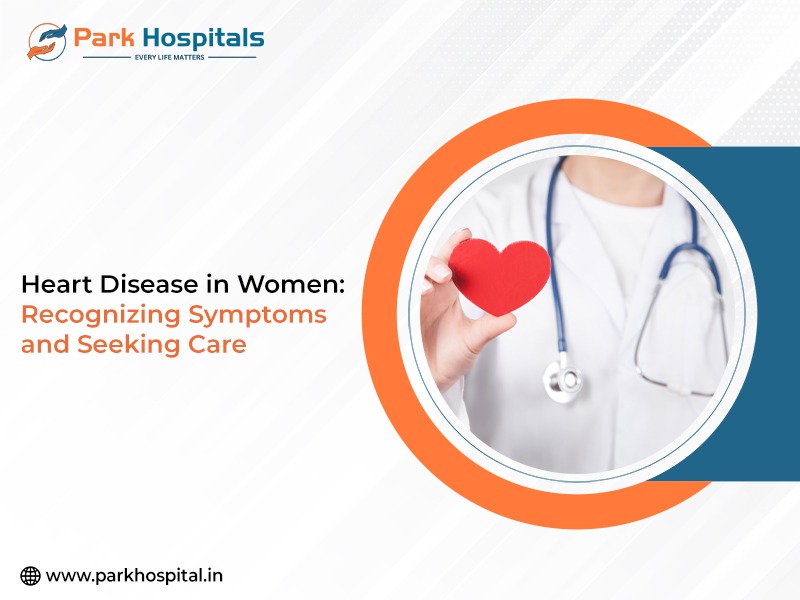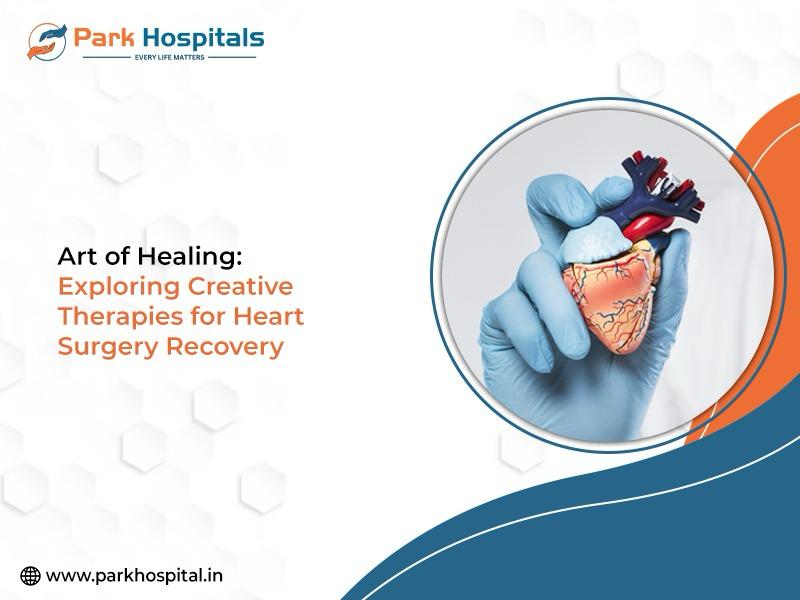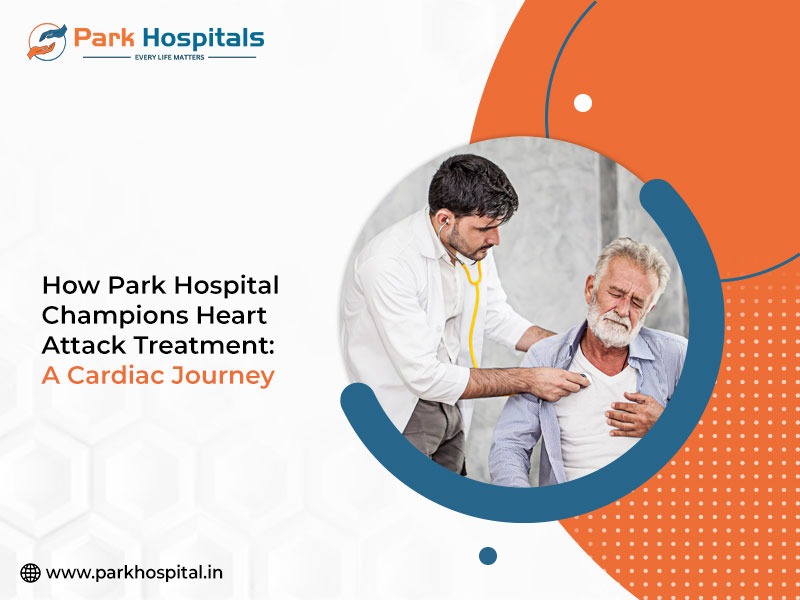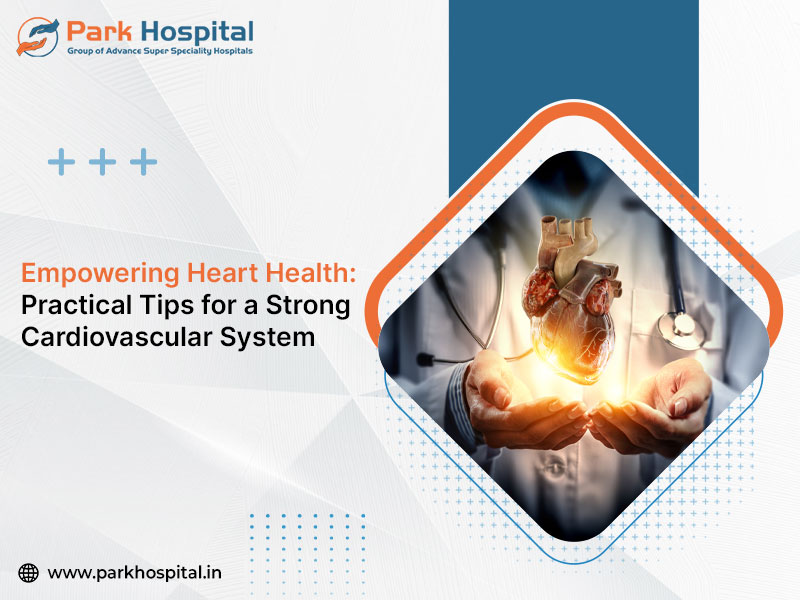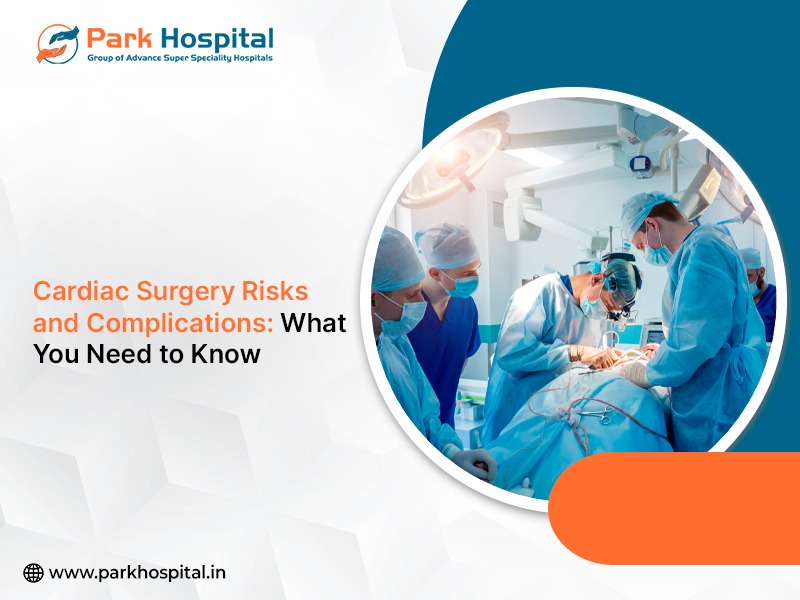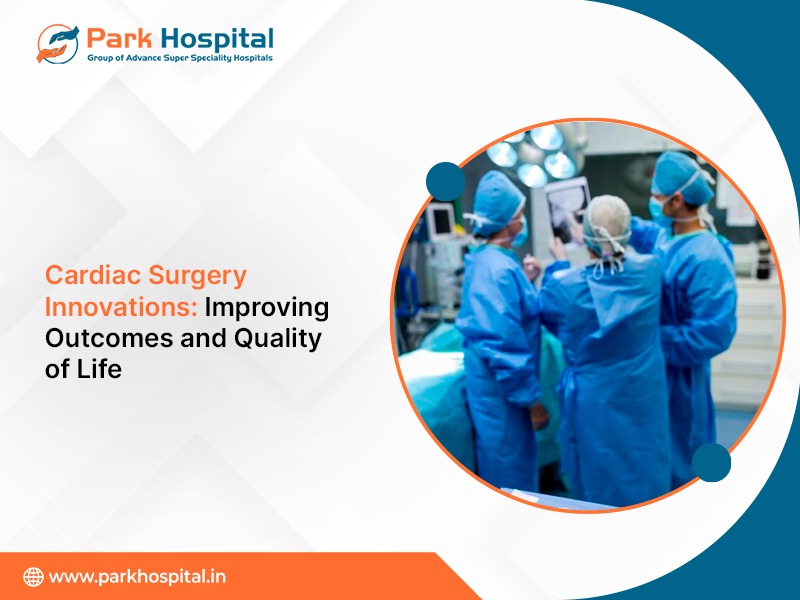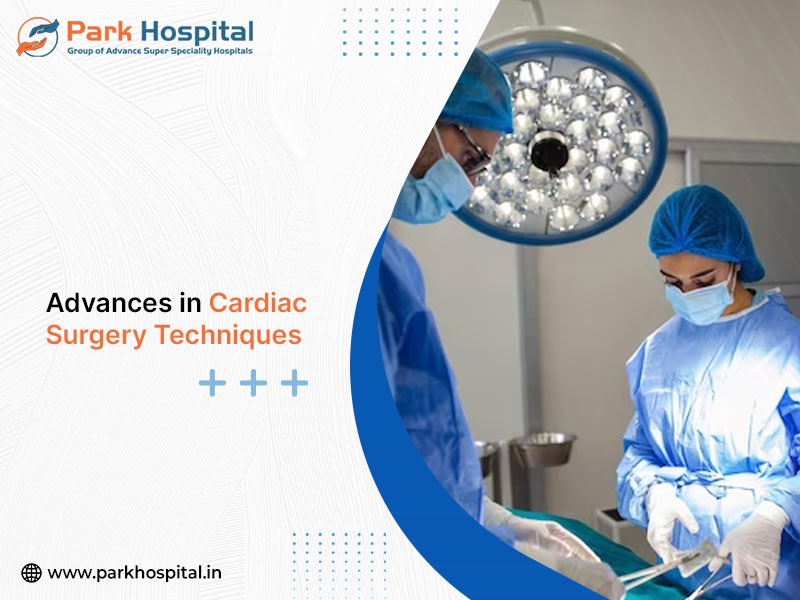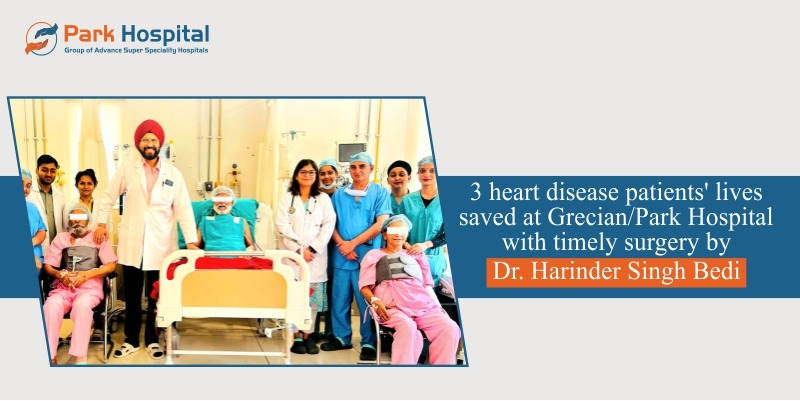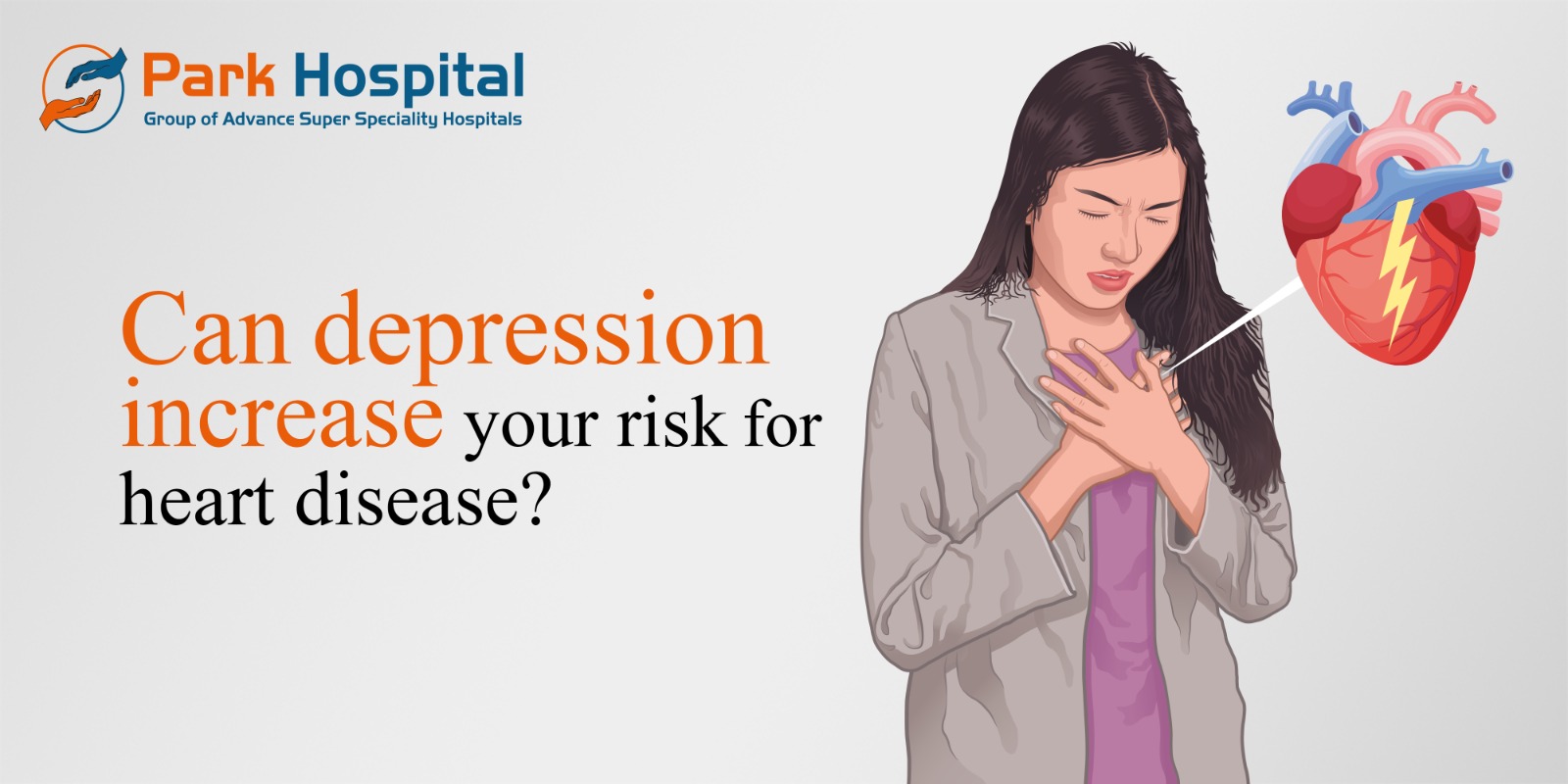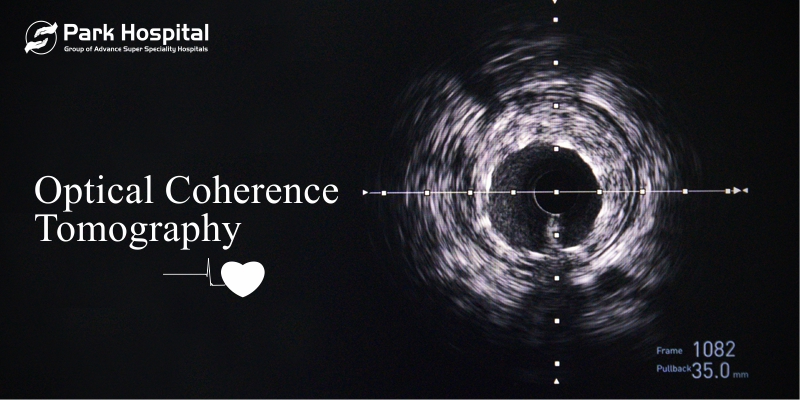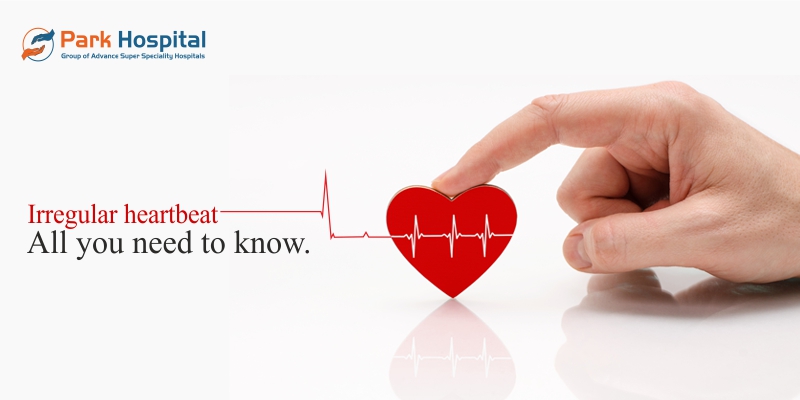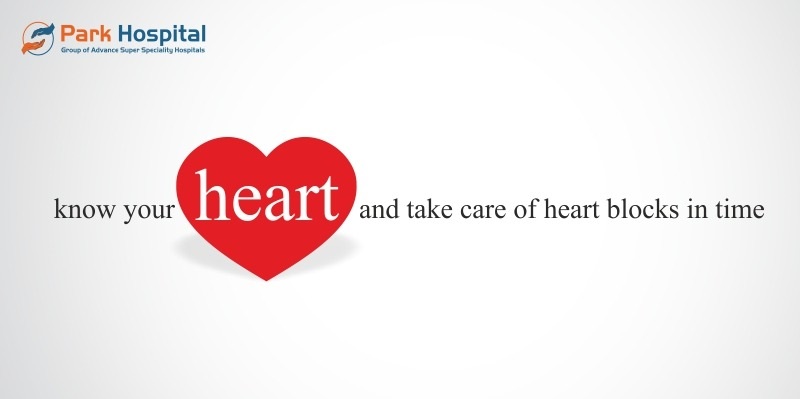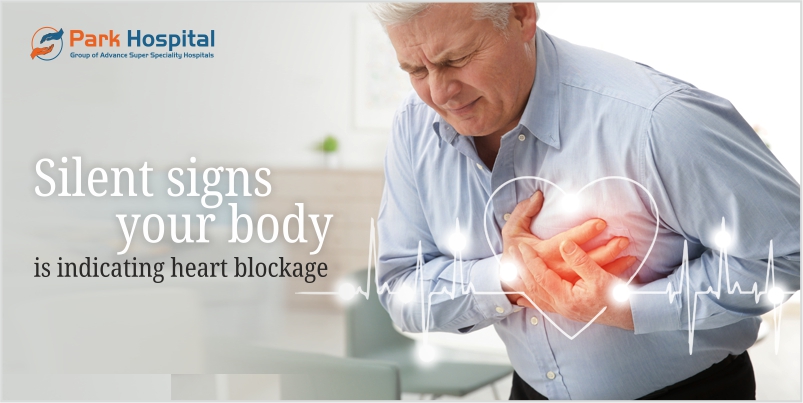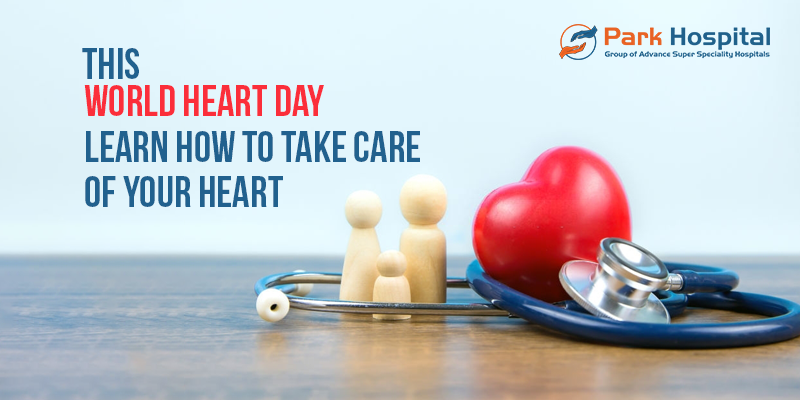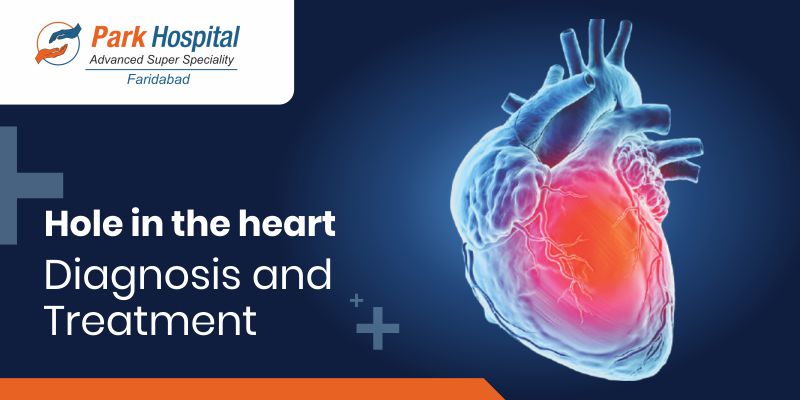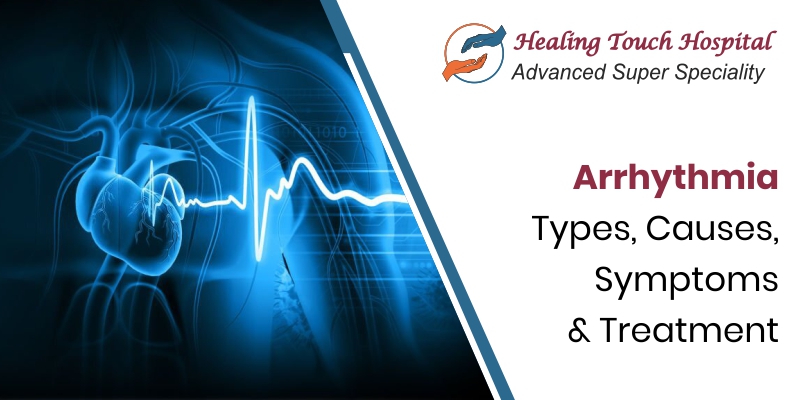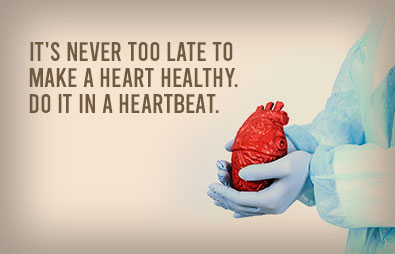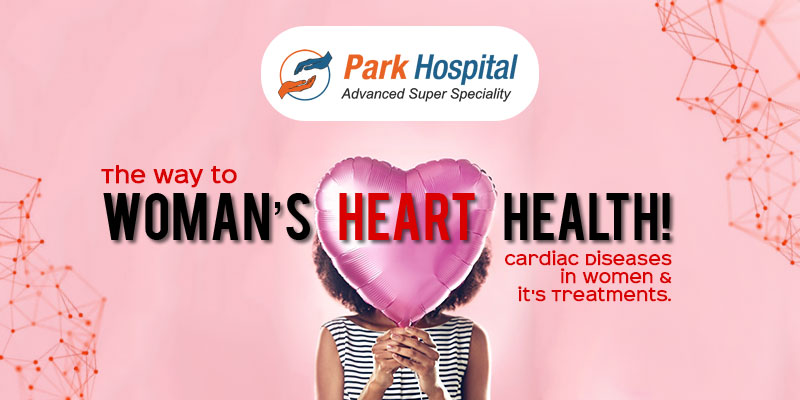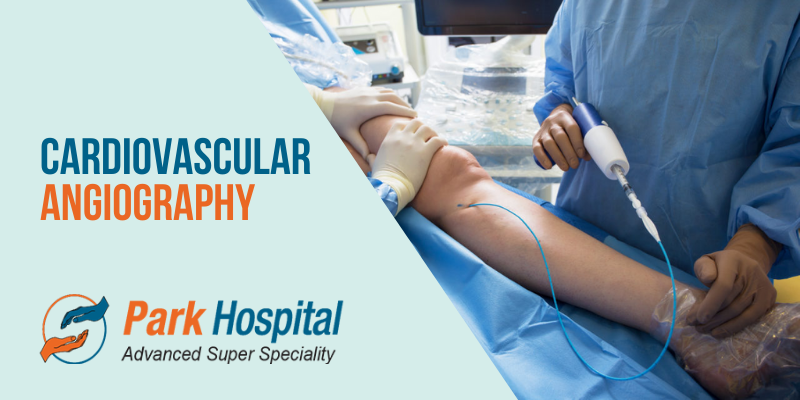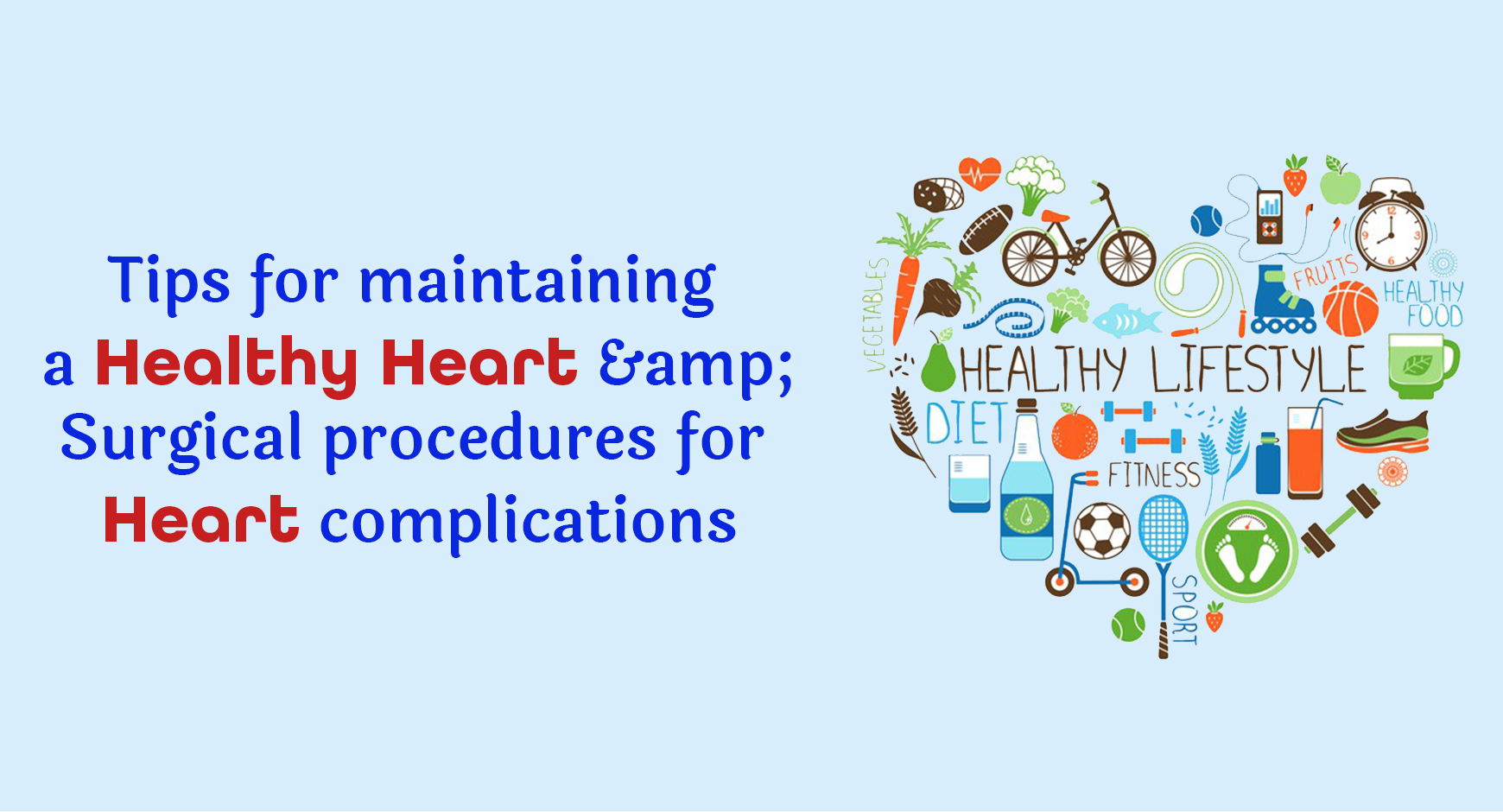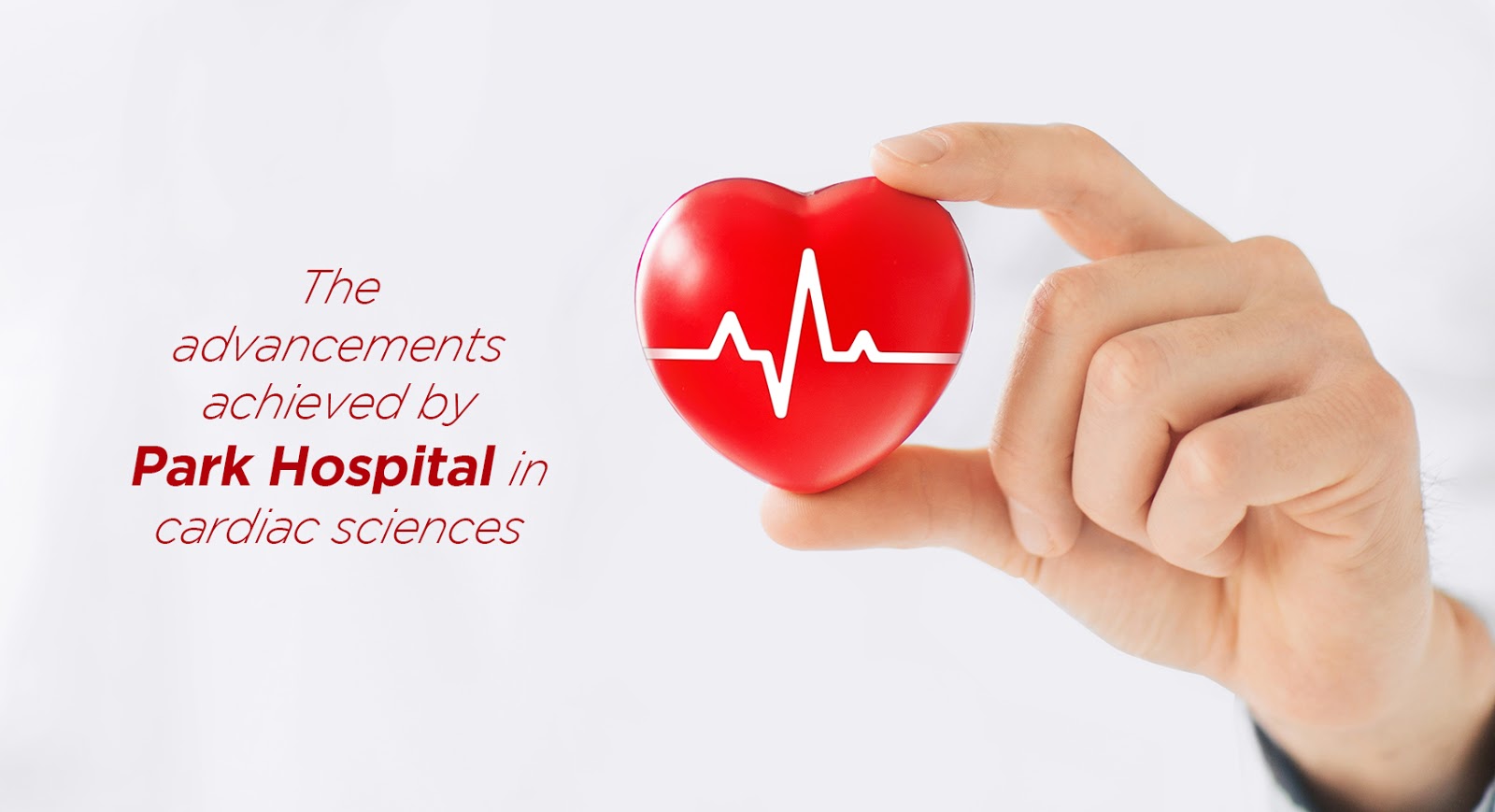Cardiovascular diseases are one of the leading causes of death worldwide, and India is no exception. Among the many risk factors, high cholesterol is one of the most common yet often overlooked causes of increased heart attack risk. Understanding the role of different types of cholesterol, recognizing early signs, and seeking timely medical care can help reduce the chances of a life-threatening cardiac event.
What is Cholesterol?
Cholesterol is a waxy substance found in the blood. While your body needs cholesterol to build healthy cells and produce hormones, too much of it can be harmful. There are two main types:
LDL cholesterol (Low-Density Lipoprotein) – Often called “bad cholesterol,” it can build up in artery walls, leading to blockages.
HDL cholesterol (High-Density Lipoprotein) – Known as “good cholesterol,” it helps remove excess cholesterol from the bloodstream.
Maintaining the right balance between LDL cholesterol and HDL cholesterol is essential for heart health.
Cholesterol Normal Range
Doctors often check your lipid profile to measure cholesterol levels. The cholesterol normal range (mg/dL) is typically:
Total cholesterol: Less than 200
LDL cholesterol: Less than 100
HDL cholesterol: 40 or higher for men, 50 or higher for women
Triglycerides: Less than 150
Anything above these ranges may increase heart attack risk and require lifestyle changes or medical treatment.
How High Cholesterol Increases Heart Attack Risk
When LDL cholesterol levels rise, fatty deposits (plaques) form in the arteries. This condition, called atherosclerosis, narrows blood vessels and restricts blood flow to the heart. If a plaque ruptures, it can form a clot, leading to a complete blockage and causing a heart attack.
Low HDL cholesterol also contributes to higher heart attack risk, as the body becomes less efficient at clearing harmful cholesterol.
Recognizing Heart Attack Symptoms
Early detection saves lives. If you experience any of the following heart attack symptoms, seek emergency medical care immediately:
Chest pain, pressure, or tightness
Shortness of breath
Pain radiating to the left arm, neck, or jaw
Cold sweats, nausea, or dizziness
Unexplained fatigue
Prevention and Lifestyle Tips
Managing cholesterol and protecting your heart involves:
Eating a heart-healthy diet rich in fruits, vegetables, and whole grains
Limiting saturated and trans fats
Regular exercise (at least 150 minutes per week)
Quitting smoking and limiting alcohol intake
Monitoring blood pressure and blood sugar levels
Scheduling routine check-ups with a heart specialist near me for preventive care
When to See a Heart Specialist
If you have a family history of heart disease, high cholesterol, or have noticed unusual heart attack symptoms, consult a cardiologist at a trusted heart hospital in Delhi. In advanced cases, surgical intervention may be needed, and an experienced heart surgeon can provide the best treatment approach.
Takeaway
High cholesterol silently raises your heart attack risk, but with awareness, lifestyle changes, and timely medical care, it can be managed effectively. Regular check-ups, monitoring LDL cholesterol and HDL cholesterol, and knowing your cholesterol normal range are crucial steps in keeping your heart healthy.
If you’re looking for expert cardiac care, Park Hospital offers advanced facilities with leading cardiologists, making it one of the most trusted heart hospitals in Delhi for preventive and surgical heart care.
Also visit:

